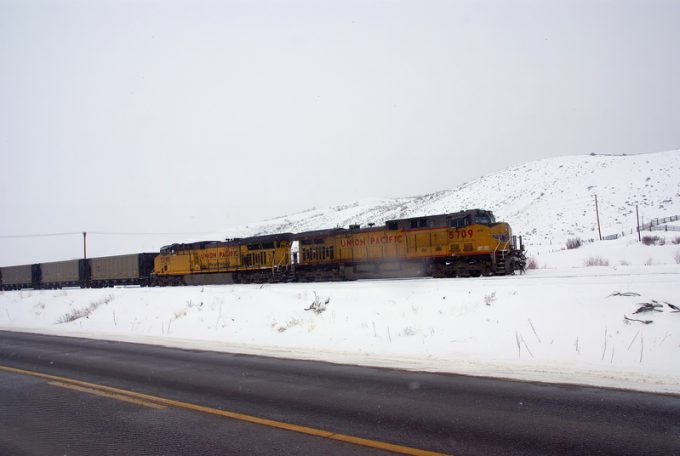Box logjams at Canadian ports as import surge meets rail shortages
A surge of imports meeting strained rail capacity has pushed up container dwell times at ...

Union Pacific (UP) has wasted little time in returning to embargo tactics, and the US Surface Transportation Board (STB) is becoming concerned.
Following a two-day hearing in mid-December, over its massive use of embargoes to deal with congestion issues, UP supremo Lance Fritz pledged to hit ...
Predatory rivals circle as the ripples from DSV's Schenker buy widen
MSC Elsa crew face criminal probe, as Wan Hai 503 firefighters battle on
Latest Israeli attack on Iran a threat to box ships in Straits of Hormuz
Industry concerns rise after yet another box ship on fire off Indian coast
'It's driving us mad', say forwarders as US court fails to end tariff turmoil
European port congestion easing – for now
More legal trouble in India for MSC: feeder vessel detained after box ship disasters
DHL Express facilities in Canada forced to shut down by strike

Comment on this article